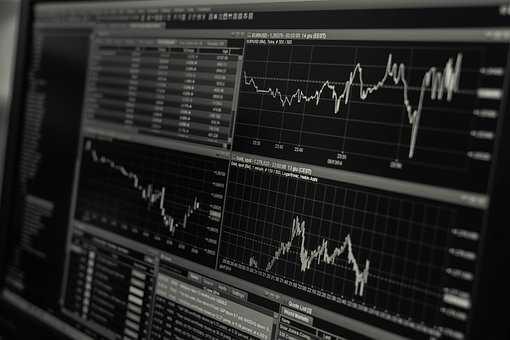What is 'rationality'? - Economy
Curated from: ecnmy.org
Ideas, facts & insights covering these topics:
2 ideas
·1.11K reads
11
Explore the World's Best Ideas
Join today and uncover 100+ curated journeys from 50+ topics. Unlock access to our mobile app with extensive features.
Economic rationality
We usually think about rationality as being sensible or reasonable. For economists, rationality means when you make a choice, you will choose the thing you like best. Economic rationality accepts that people will act in a relatively predictable way.
Economists use this assumption to build economic models or theories. A famous theory is the law of supply and demand which states that if something costs more, rational people will probably want to buy less of it and sell more of it.
82
671 reads
'Rational choice theory' and 'Bounded rationality theory'
- Rational choice theory thinks of people as economic super-men and women, also known as homo economicus. Economists use this theory to think about what 'economic man' would do, then add up the actions of billions of people to make models about how the economy works.
- Bounded rationality theory looks at the ways we don't or can't act like homo economicus. It sees people as rational but limited by the information they possess and their ability to process that information.
79
442 reads
IDEAS CURATED BY
"There's no money in poetry, but then there's no poetry in money, either." ~ Robert Graves
Angela 's ideas are part of this journey:
Learn more about religionandspirituality with this collection
How to create a cosy and comfortable home environment
How to cultivate a sense of gratitude and contentment
The benefits of slowing down and enjoying simple pleasures
Related collections
Similar ideas
3 ideas
What are 'heuristics'?
ecnmy.org
14 ideas
An Introduction to Behavioral Economics
behavioraleconomics.com
9 ideas
The Evolution of Visual Effects From 1878 til Today
illustratedfiction.com
Read & Learn
20x Faster
without
deepstash
with
deepstash
with
deepstash
Personalized microlearning
—
100+ Learning Journeys
—
Access to 200,000+ ideas
—
Access to the mobile app
—
Unlimited idea saving
—
—
Unlimited history
—
—
Unlimited listening to ideas
—
—
Downloading & offline access
—
—
Supercharge your mind with one idea per day
Enter your email and spend 1 minute every day to learn something new.
I agree to receive email updates

